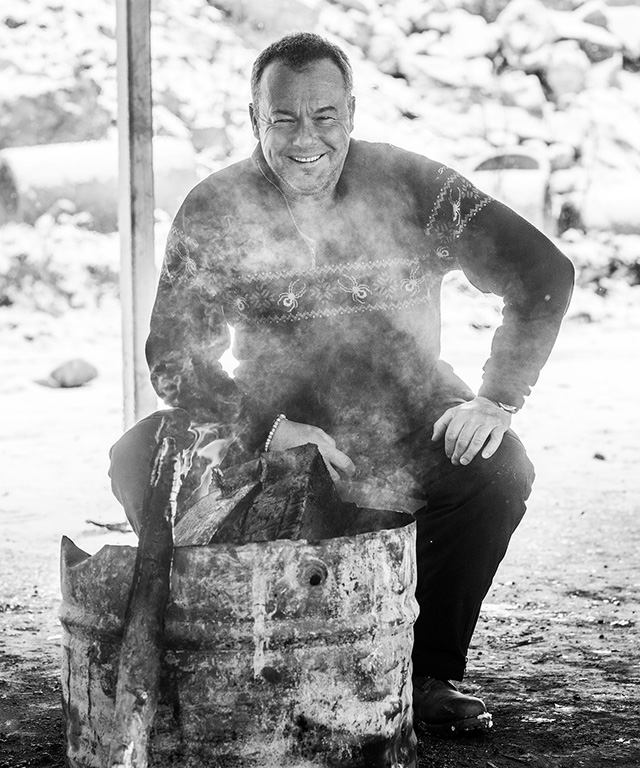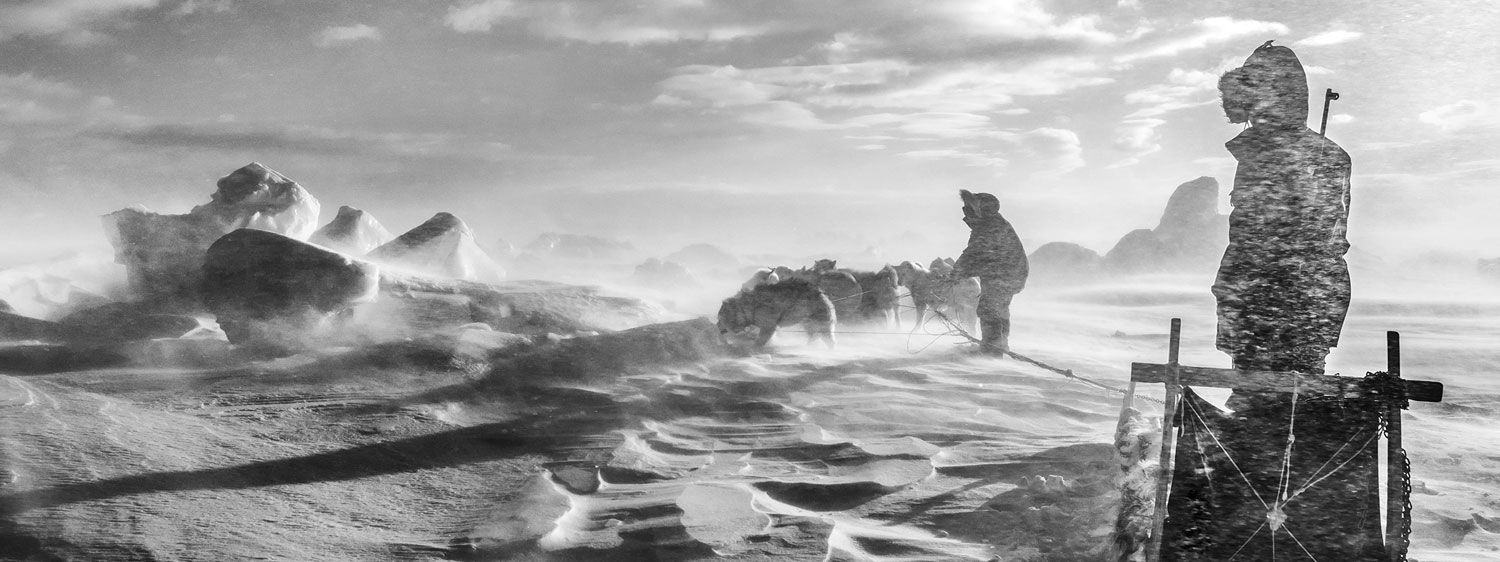
If I can encourage even a few people to put their smartphone down for a moment and pick up a DSLR camera, then that would be great.
Photography Tips

In my opinion, the following five words are the most important in photography, and I would encourage any budding photographer (amateur or pro!) to consider these points when embarking on their next project:
RESEARCH
You can’t just turn up at a location with your camera and think the job starts there. So much of what makes a great photo happens in the research stage. I only photograph 85 days of the year and spend the rest of my time researching the countries, people and wildlife I plan to capture. Research is free, and you can spend hours and hours on Google or reading through books to plan and discover new things. There is nothing more important in photography, as without it, you’re unlikely to spend your precious time on location capturing what’s important.
RELENTLESS
The best photographers are relentless in their ambition and will not give up. It doesn’t matter what photo you took yesterday. The focus should be on what you’re going to take tomorrow. For example, when I took this photo of the Great White shark in Cape Town, 2010, it took me many months to get the picture and I actually lost £1000 in terms of the costs vs how much I sold it for. Yet I wouldn’t give up until I had that career-defining image, no matter how long or how tiring the process was. This image was my ‘Jerry Maguire’ moment, a signal of a change in my career to fine art photography. I’m glad I didn’t give up (even if I did make a loss!).
RELEVANCE
You want to take pictures of things that are relevant. Given the declining biodiversity of the world, my focus on the natural world was always going to be a subject matter that had legs, and something I could make an impact with. I also make it my business to mingle with and be inspired by people who are relevant. It’s so important to try new things. If you go to Glencoe in Scotland and take a picture from the burn of the beautiful glen, no matter how incredible the vista might appear, you’ll have a problem as it’s just been shot so many times. Although it’s beautiful, you need to think about whether you’re doing something new and relevant.
REDUCTIVE
We live busy, complicated lives so sometimes it’s nice to keep things simple and be reductive, which is why I work in black and white. If you photograph someone in colour you see their clothes or the background around them, but when photograph in black and white, you see their souls. Keeping your outlook and purpose clear will help your photos move from good to great.
ROLE MODELS
In creative industries like photography, you’ve got to have heroes or people you inspire to be like. My whole life I have looked up to filmmakers like Steven Spielberg, Clint Eastwood and Ridley Scott as watching movies allows you to understand the language of light and composition and see how these factors work together in a frame. Follow your heroes and be a scholar in the history of photography – why was that photographer great, what did he or she do to set themselves apart?
And one last addition… remember that a wide-angle lens can often provide the best, most impactful portrayal of what’s going on. It goes back to being reductive – keep things simple, immediate and focused – it’s this which will move your photos from good to great.






 Contact Us
Contact Us